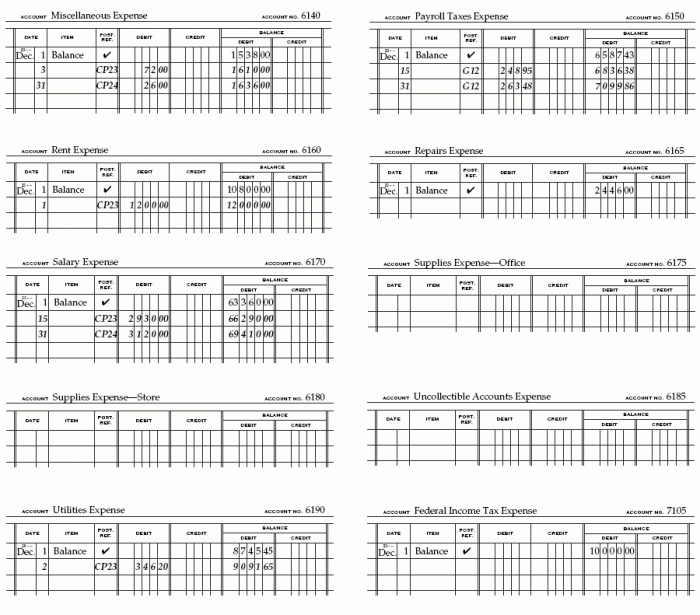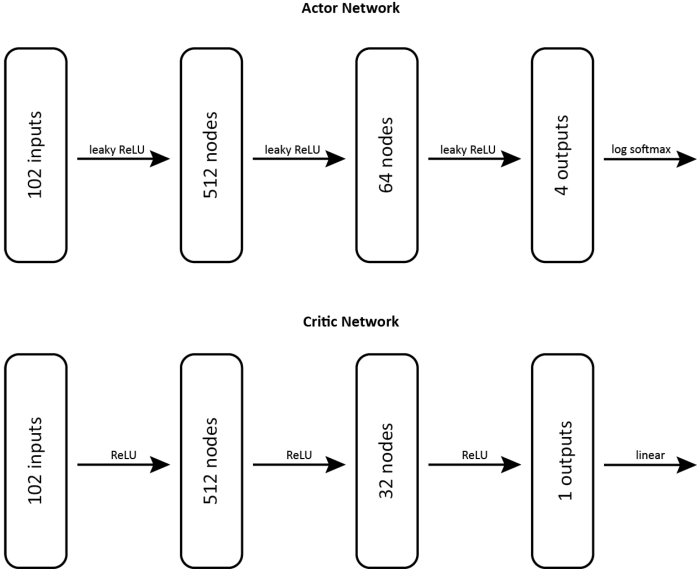Welcome to our comprehensive guide to reinforcement activity 1 part b answer key accounting. This detailed resource provides a thorough understanding of fundamental accounting concepts, transaction analysis, financial statement preparation, performance evaluation, and ethical considerations. Dive into the intricacies of accounting and enhance your knowledge with this authoritative guide.
1. Reinforcement Activity 1 Part B Answer Key
Accounting Concepts
This activity introduces fundamental accounting concepts that provide the foundation for recording and reporting financial transactions. These concepts include:
- Assets: Economic resources owned by a company.
- Liabilities: Obligations owed by a company.
- Equity: The residual interest in a company’s assets after deducting liabilities.
- Revenue: Income earned from the sale of goods or services.
- Expenses: Costs incurred in generating revenue.
2. Analysis of Accounting Transactions
Accounting transactions are events that affect a company’s financial position. The activity records various types of transactions, including:
- Cash transactions: Involving the exchange of cash for goods or services.
- Credit transactions: Where payment is made at a later date.
- Sales transactions: Recording the sale of goods or services.
- Purchase transactions: Recording the purchase of inventory or other assets.
- Expense transactions: Recognizing expenses incurred in the period.
These transactions impact the financial statements as follows:
- Cash transactions: Affect the cash balance.
- Credit transactions: Create accounts receivable or accounts payable.
- Sales transactions: Increase revenue and accounts receivable.
- Purchase transactions: Increase inventory or other assets and accounts payable.
- Expense transactions: Decrease equity and increase expenses.
3. Financial Statement Preparation
Financial statements provide a comprehensive overview of a company’s financial performance. The activity involves preparing the following statements:
Income Statement, Reinforcement activity 1 part b answer key accounting
Summarizes revenue and expenses over a specific period, resulting in net income or loss.
Balance Sheet
Presents a snapshot of a company’s assets, liabilities, and equity at a specific point in time.
Statement of Cash Flows
Tracks the movement of cash and cash equivalents during a specific period.
4. Evaluation of Financial Performance

Key financial ratios provide insights into a company’s financial health. The activity calculates ratios such as:
- Profitability ratios (e.g., gross profit margin, net profit margin)
- Liquidity ratios (e.g., current ratio, quick ratio)
- Solvency ratios (e.g., debt-to-equity ratio, interest coverage ratio)
These ratios help assess a company’s profitability, liquidity, and ability to meet its financial obligations.
5. Ethical Considerations in Accounting: Reinforcement Activity 1 Part B Answer Key Accounting

Ethical considerations are crucial in accounting practice. The activity highlights ethical issues such as:
- Objectivity and independence: Accountants must maintain objectivity and avoid conflicts of interest.
- Confidentiality: Accountants must protect sensitive financial information.
- Accuracy and transparency: Financial statements should accurately reflect a company’s financial position.
Adhering to ethical principles ensures the integrity and credibility of the accounting profession.
User Queries
What is the purpose of reinforcement activity 1 part b?
Reinforcement activity 1 part b aims to reinforce your understanding of core accounting concepts, transaction recording, and financial statement preparation.
How can I use this answer key effectively?
Refer to this answer key to check your responses, identify areas for improvement, and solidify your grasp of accounting principles.
What are the key ethical considerations in accounting?
Ethical considerations in accounting include maintaining objectivity, confidentiality, integrity, and professional skepticism.